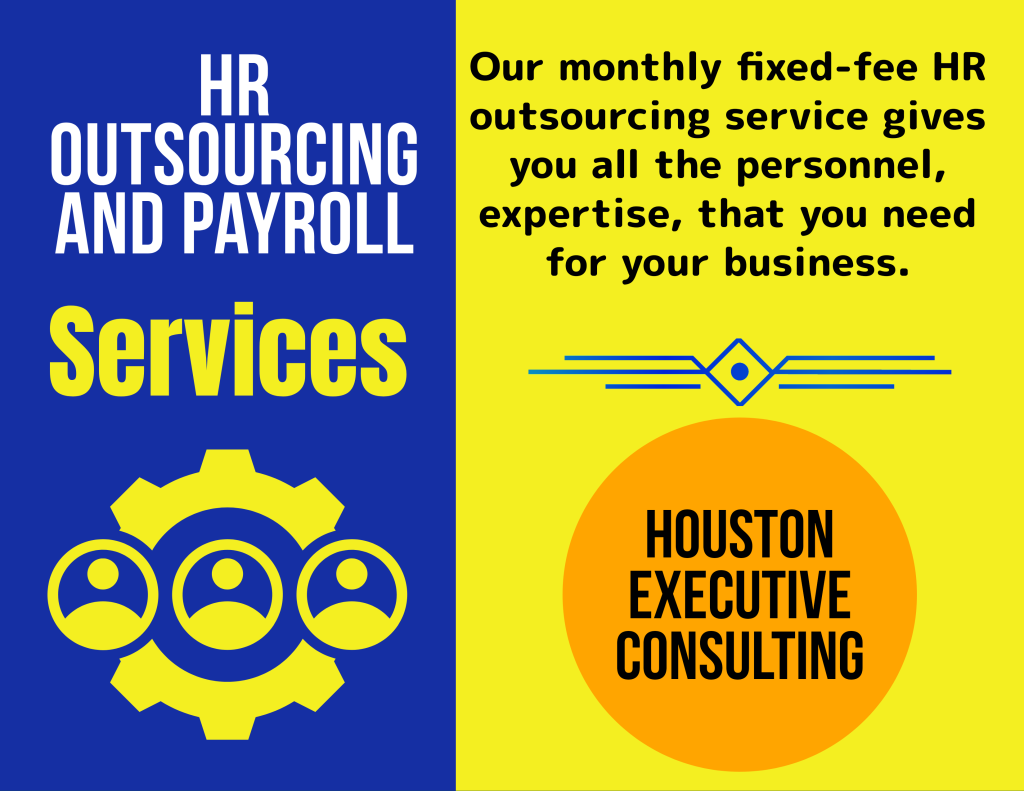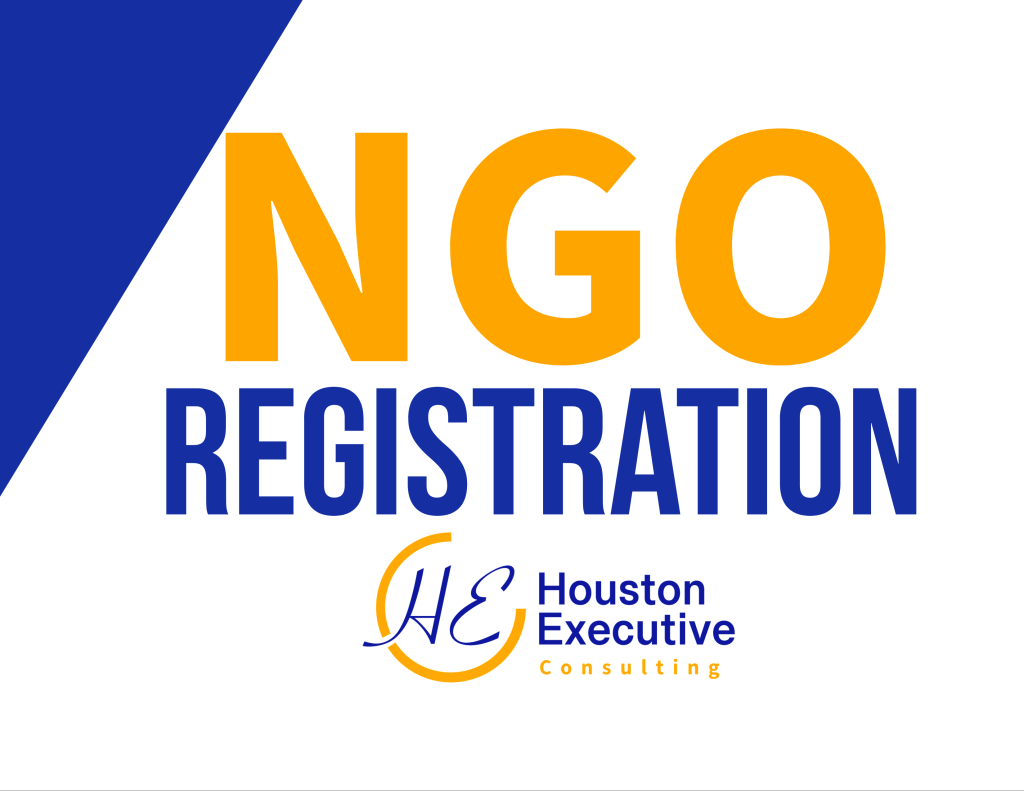10 Steps on How to Start Your Business in Uganda
Uganda is one of the best places to start a business in Africa. It is a beautiful landlocked country located in east-central Africa, which is about the same size as Great Britain. The country is home to numerous friendly ethnic groups, and the estimated population for 2023 is 45,654,000 people.
Blessed with hospitable people, Uganda has breathtaking natural beauty. From the lush green forests and rolling hills to the vibrant markets and bustling cities, there is always something new and exciting to discover in this wonderful country.
If you’re considering starting and registering a business in Uganda, there are several important steps you’ll need to take. Wondering how to start a business? It may be easier than you think if you follow these 10 steps:
1. Conduct Market Research
Market research will tell you if there’s an opportunity to turn your idea into a successful business. It’s a way to gather information about potential customers and businesses already operating in your area. Use that information to find a competitive advantage for your business.
Market research involves gathering information about a specific market to better understand its dynamics, trends, and opportunities. It can help businesses make informed decisions about product development, marketing strategies, and expansion plans. Here’s a general guide to conducting market research:
- Define Your Objectives
- Identify Your Target Audience
- Choose Your Research Methods
- Design Your Research
- Collect Data
- Analyze Data
- Identify Trends and Patterns
- Competitor Analysis
- SWOT Analysis
- Draw Conclusions
- Make Informed Decisions
- Regular Updates
2. Write Your Business Plan
Your business plan is the foundation of your business. A business plan is a formal written document containing the goals of a business, the methods for attaining those goals, and the time frame for the achievement of the goals.
A business plan will act as a roadmap for how to structure, run, and grow your new business. You’ll use it to convince people to work with you. It is also used to pitch to others that investing in your company is a smart choice for growing their money.
Learn more about writing your business plan
3. Find Capital to Invest in Your Business
Once you’ve validated that there’s an audience ready to consume your product, it’s time to talk investment. Your business will become viable if you have the money to get it off the ground and you can set a price that’ll bring a return.
Your business plan will help you figure out how much money you’ll need to start your business. If you don’t have that amount on hand, you’ll need to either raise or borrow the capital. Fortunately, there are more ways than ever to find the capital you need.
It costs money to start a business. How you get that money into the business is one of the first, and most important financial choices most business owners make. How you choose to fund your business could affect how you structure and run your business.
4. Pick Your Business Location
Your business location is one of the most important decisions you’ll make. Whether you’re setting up a brick-and-mortar business or launching an online store, the choices you make could affect your taxes, legal requirements, and revenue.
Picking the right business location is a crucial decision. It can significantly impact the success of your business. There are several important factors to consider when choosing a business location:
- Target Market and Customer Accessibility
- Foot Traffic and Visibility
- Proximity to Suppliers and Partners
- Costs and Budget
- Infrastructure and Amenities Like Parking
- Safety and Security of Your Staff and Customers
- Long-Term Viability
5. Choose A Business Structure
The legal structure you choose for your business will impact your business registration requirements, how much you pay in taxes, and your liability.
A person can start a business as a sole trader, and register a single-member company (SMC). You may also get into a partnership, or company limited by shares. The choice of business structure is an important decision to make at the start of a business venture, as the structure can impact tax implications and reporting requirements during the lifetime of the business.
If you are not sure, you can consult a business consultant to support you on what is involved in Sole Proprietorship, General Partnership, Limited Liability Company (LLC), and Corporations.
6. Choose Your Business Name
It’s not easy to pick the perfect name. You’ll want one that reflects your brand and captures your spirit. You’ll also want to make sure your business name isn’t already being used by someone else.
Remember to run a Google search to see if a similar name already exists. Even if it is not in your location, a similar name elsewhere is not easy to compete with especially if it is an established brand. It can also be difficult to create social media accounts for a name that is already taken.
Choosing a business name is a critical decision that can impact your brand identity, market positioning, and overall success. Here are some important factors to consider when selecting a business name:
- Relevance to Your Business
- Should be easy to Memorize
- Should be Unique
- Domain Name Availability
- Social Media Handles
- Trademark Availability
- Ease of Search Engine Optimization (SEO)
- Check Language Translations and Cultural Sensitivity
- Brand Identity
Learn more about choosing a business name
7. Register Your Business in Uganda
Once you’ve picked the perfect business name, it’s time to make it legal and protect your brand. Registration is done with the Uganda Registration Services Bureau (URSB).
There are 3 Key activities when you’re registering a business:
- Search for the business name with the Uganda Registration Services Bureau. This will take only 30 minutes. It is advisable to have at least 3 proposed business names.
- Reserve the Company or Business Name. This is still done at the Uganda Registration Services Bureau. The Period estimate is 1 – 3 hrs.
- Register and obtain a Certificate of Incorporation
When your name is successfully reserved, it’s time to sign the necessary forms provided by the Uganda Registration Services Bureau (URSB). Some of the forms will include:
- Form 1 – Notice of Beneficial Owners Particulars
- Form 20 – Notification of Appointment of Director and Secretary For your Company.
- Form A1 – Statement of Nominal Capital For your company
- Form 18 – Notice of Situation of Office and the registered Postal address of your company
Learn more about registering your business in Uganda
8. Get a Tax Identification Number
It is mandatory for any person, whether an individual or a non-individual, who earns income above the set tax threshold in Uganda to register for tax purposes.
To identify a person as a duly registered taxpayer, the Uganda Revenue Authority (URA) issues a Tax Identification Number (TIN). This 10-digit unique number is allocated and provided free of charge.
Learn more about getting the URA TIN in Uganda
9. Apply For Licenses, Permits, & Finalize Secondary Clearances
Keep your business running smoothly by staying legally compliant. The licenses and permits you need for your business will vary by industry, location, and other factors. After creating your legal entity, you can go ahead and process all the other secondary clearances with statutory bodies like Posta Uganda, NSSF, KCCA, PPDA, and others.
It is important to obtain secondary clearances from regulatory bodies depending on the nature of your business.
For instance, the Bank of Uganda regulates banks, the Uganda Communications Commission (UCC) regulates telecom companies, UMRA regulates money lenders, NITA Uganda regulates ICT companies, and the National Drug Authority regulates pharmacies and drug stores. Therefore, it is crucial to research whether your intended business requires any specific permit to operate.
Export Licenses & Permits
The following are mandatory permits and licenses you must obtain if your company will export products in any of the following sectors;
- Fish Export Permit
- Mineral Export Permit
- Timber Export Permit
- Hides and Skins Exporters License
- Coffee Export License
- Wildlife User Rights License
Learn more about licenses and permits
10. Open a Business Bank Account
A business current account will help you to collect payments and pay vendors. It can also offer legal compliance, financial security, and a professional image. It simplifies recording transactions and managing your business.
A small business checking account can help you handle legal, tax, and day-to-day issues. The good news is it’s easy to set one up if you have the right registrations and paperwork ready.
Learn more about opening a business bank account
If it is your first time starting a business, you may need Business Startup Consulting Services for Entrepreneurs. At Houston Executive Consulting we believe that a newly started business should consider hiring a business consultant, especially if the founder doesn’t have previous experience starting a business. We can help guide setting up the company correctly with legal, compliance, market research, and Business plans.
Learn more about how to contact us
In Uganda, the secret to making successful investments lies in identifying any business that caters to people’s everyday needs. For instance, selling products in high demand will make you profits.
Learn more about which sector to invest
Now: Open shop
Congratulations! It’s time to visit that nearby lounge and enjoy a large goblet of plonk. Your business is officially open. Now, focus on managing and growing your business.












